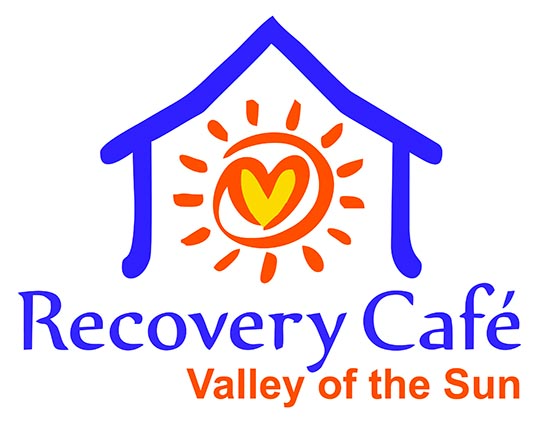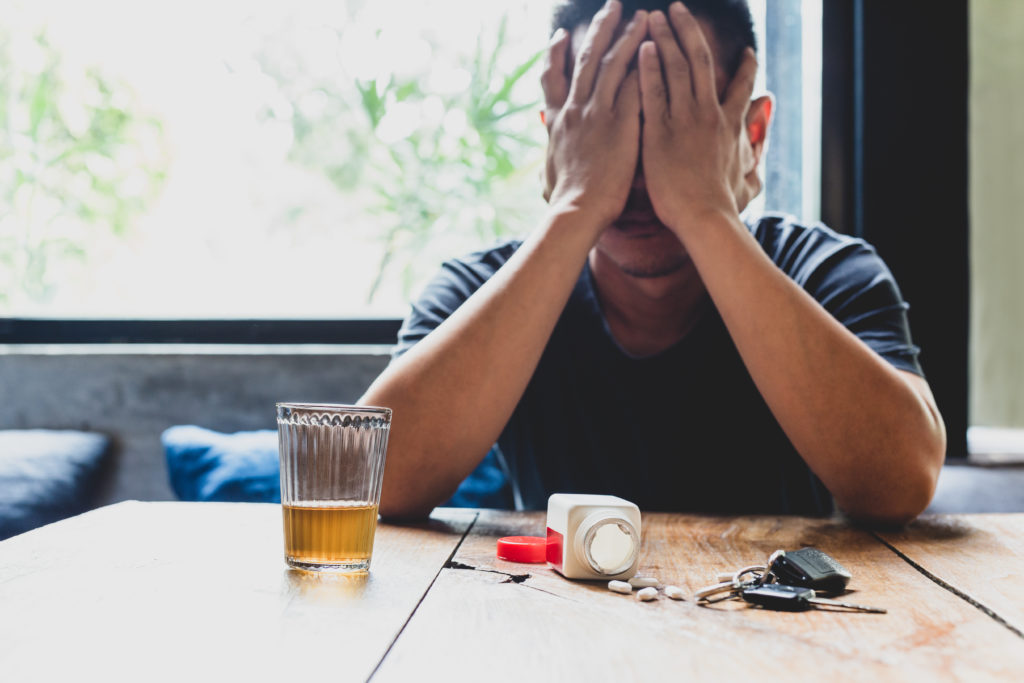Mental Health Goals: Strategies for Success in the New Year Mental health goals are not always top of mind when teens, young adults, and their families are considering New Year’s...
Mental Health Goals: Strategies for Success in the New Year
Mental health goals are not always top of mind when teens, young adults, and their families are considering New Year’s resolutions. But as your family prepares to flip the page to a fresh start on the calendar, it’s a great time to prioritize mental well-being.
“Taking a step back, evaluating your mental health, and being patient with yourself are key to being able to take on all that the new year can bring,” said Hailee Buras, an associate clinical mental health counselor at New Haven, an Embark Behavioral Health residential treatment center in Utah.
The Importance of Mental Health Goals
Think of a mental health goal as a roadmap. It provides a clear sense of direction and purpose to help your family understand what they want to achieve in their mental well-being in the new year. This roadmap is especially important for adolescents given the challenges they face. According to the Centers for Disease Control and Prevention, poor mental health during the teenage years can affect academic performance, decision making, and health, with many of the patterns established in adolescence carrying on into adulthood.
“Mental health is one of the most important parts of our lives, and we need to prioritize it,” Buras said. “If you or your teen or young adult struggles with mental health challenges, that impacts literally all other areas of your lives.”
Examples of Measurable Mental Health Goals
When your family is considering mental health goals, remember the different factors that contribute to emotional resilience and mental wellness, such as a good support system, a healthy lifestyle, and coping and communication strategies.
Building strong support systems
“When we’re struggling, it’s important that we don’t feel alone,” Buras said. “Your support network can include close friends and family members if those family relationships are healthy. For your teen or young adult, it could include teachers whom they feel they can trust and reach out to when they’re concerned about something. A therapist can also be an important member of your support system — every single person can benefit from a little professional help with life’s problems.”
Eating healthy foods and exercising
A healthy diet can benefit physical health and improve gut health, which has been linked to better mental health. Focus on fiber-rich foods, lean poultry, seafood, and fresh fruits and vegetables. Probiotics — foods, like yogurt and sauerkraut — are beneficial too. On the flip side, avoid heavily processed foods, and limit sugar intake.
Exercise can also benefit mental health given its ability to relieve stress and boost mood. It can be especially helpful for those dealing with challenges like anxiety and depression. All exercise is beneficial, from walking to organized sports, but for added benefits, you may want to consider yoga, which incorporates mindfulness techniques.
Practicing mindfulness and meditating
Mindfulness and meditation practices can help reduce stress by promoting a sense of calm and staying present in the moment. Gratitude journaling, guided meditations through various apps, or starting each morning with a daily affirmation are easy ways for beginners to try mindfulness or meditation.
Using coping strategies to manage stress
Coping strategies are techniques you and your teen or young adult can use to manage, reduce, or tolerate stress and emotional distress. Healthy strategies include physical activity, gratitude practices, talking to a friend or mental health professional, or spending time in nature.
Reducing screen time
As shared in a study published in Preventive Medicine Reports, there’s a correlation between increased screen time and lower psychological well-being in children ages 2-17. And children aren’t the only ones who get caught up in the digital world — adults do too. Those who use technology too much, including social media, may spend less quality time with family and friends and compare themselves to others more often, which can make them feel anxious. Try designating certain areas or times as screen-free zones. For example, you might avoid using screens during meals or in the bedroom.
Prioritizing sleep
Not getting enough sleep can make it harder for your family to regulate emotions and deal with stress. Make getting proper rest a priority. According to the CDC, kids ages 6-12 need nine to 12 hours of sleep; teens need 13 to 18 hours; and adults 18 and up need at least seven hours.
Using healthy communication strategies
Strong communication skills are foundational for building strong relationships, fostering understanding, resolving conflicts, and speaking up for your mental health needs. Cultivate better communication by practicing active listening, showing empathy, and asking clarifying questions if something is unclear.
Removing substance use from daily life
While some turn to drinking or smoking as a coping mechanism when facing life’s challenges, substances can have long-term negative effects on physical health, can lead to addiction, and may affect mental health. Buras recommended avoiding them completely.
Source: Embark Behavioral Health https:/www.embarkbh.com/






























